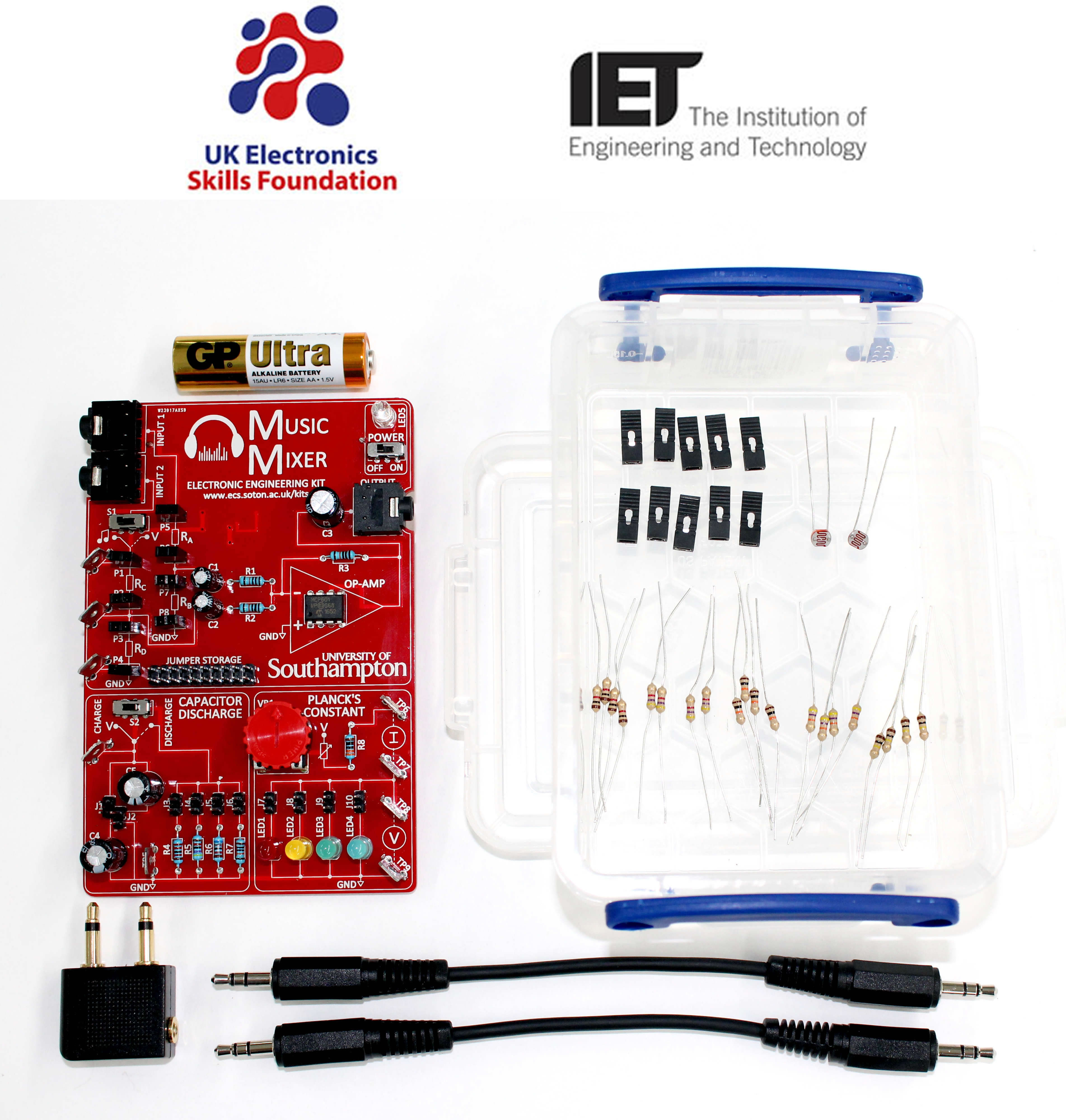
- Event
- Date:
- 1st of February, 2019 @ 10:00 - 12:00
- Venue:
- New Mountbatten (53) - 4025
Event details
SET group invites you to a
Seminar on Hardware Security
1 February 2019 in Mountbatten Seminar Room (B53/4025)
10:00 - 12:00
10:00 – 11:00
Analog Circuit Security in the Digital World- Yier Jin (Invited Speaker)
11:00 -11;15
EDAB: A Low Cost Detector for Early Detection of Anomalous Behaviour in Embedded Systems
Elena Lai Leng Woo, Mark Zwolinski, Basel Halak
Analog Circuit Security in the Digital World- Yier Jin (Invited Speaker)
11:00 -11;15
EDAB: A Low Cost Detector for Early Detection of Anomalous Behaviour in Embedded Systems
Elena Lai Leng Woo, Mark Zwolinski, Basel Halak
11:15-11:30
On the Design and Implementation of Lightweight Authentication and Secure Key Exchange Protocol for Energy-Constrained Systems
Yildiran Yilmaz and Basel Halak
On the Design and Implementation of Lightweight Authentication and Secure Key Exchange Protocol for Energy-Constrained Systems
Yildiran Yilmaz and Basel Halak
11:30- 11:45
Improved Physical Unclonable Function Design Against Machine Learning Attack
Haibo Su, Basel Halak and Mark Zwolinski.
Abstract - Yier Jin
The rapid growth and globalization of the integrated circuit (IC) industry put the threat of hardware Trojans (HTs) front and center among all security concerns in the IC supply chain. Current Trojan detection approaches always assume HTs are composed of digital circuits. However, recent demonstrations of analog attacks, such as A2 and Rowhammer, invalidate the digital assumption in previous HT detection or testing methods. At the system level, attackers can utilize the analog properties of the underlying circuits such as charge-sharing and capacitive coupling effects to create information leakage paths. These new capacitor-based vulnerabilities are rarely covered in digital testing.
To address these stealthy yet harmful threats, we identify a large class of such capacitor-enabled attacks and define them as charge-domain Trojans. We are able to abstract the detailed charge-domain models for these Trojans and expose the circuit-level properties that critically contribute to their information leakage paths. The proposed method is validated on an experimental RISC microcontroller design injected with different variants of charge-domain Trojans. We demonstrate that successful detection can be accomplished with an automatic toolset.
Improved Physical Unclonable Function Design Against Machine Learning Attack
Haibo Su, Basel Halak and Mark Zwolinski.
Abstract - Yier Jin
The rapid growth and globalization of the integrated circuit (IC) industry put the threat of hardware Trojans (HTs) front and center among all security concerns in the IC supply chain. Current Trojan detection approaches always assume HTs are composed of digital circuits. However, recent demonstrations of analog attacks, such as A2 and Rowhammer, invalidate the digital assumption in previous HT detection or testing methods. At the system level, attackers can utilize the analog properties of the underlying circuits such as charge-sharing and capacitive coupling effects to create information leakage paths. These new capacitor-based vulnerabilities are rarely covered in digital testing.
To address these stealthy yet harmful threats, we identify a large class of such capacitor-enabled attacks and define them as charge-domain Trojans. We are able to abstract the detailed charge-domain models for these Trojans and expose the circuit-level properties that critically contribute to their information leakage paths. The proposed method is validated on an experimental RISC microcontroller design injected with different variants of charge-domain Trojans. We demonstrate that successful detection can be accomplished with an automatic toolset.
- Event
- Date:
- 25th of October, 2018 @ 16:00 - 17:00
- Venue:
- New Mountbatten (53) - 4025